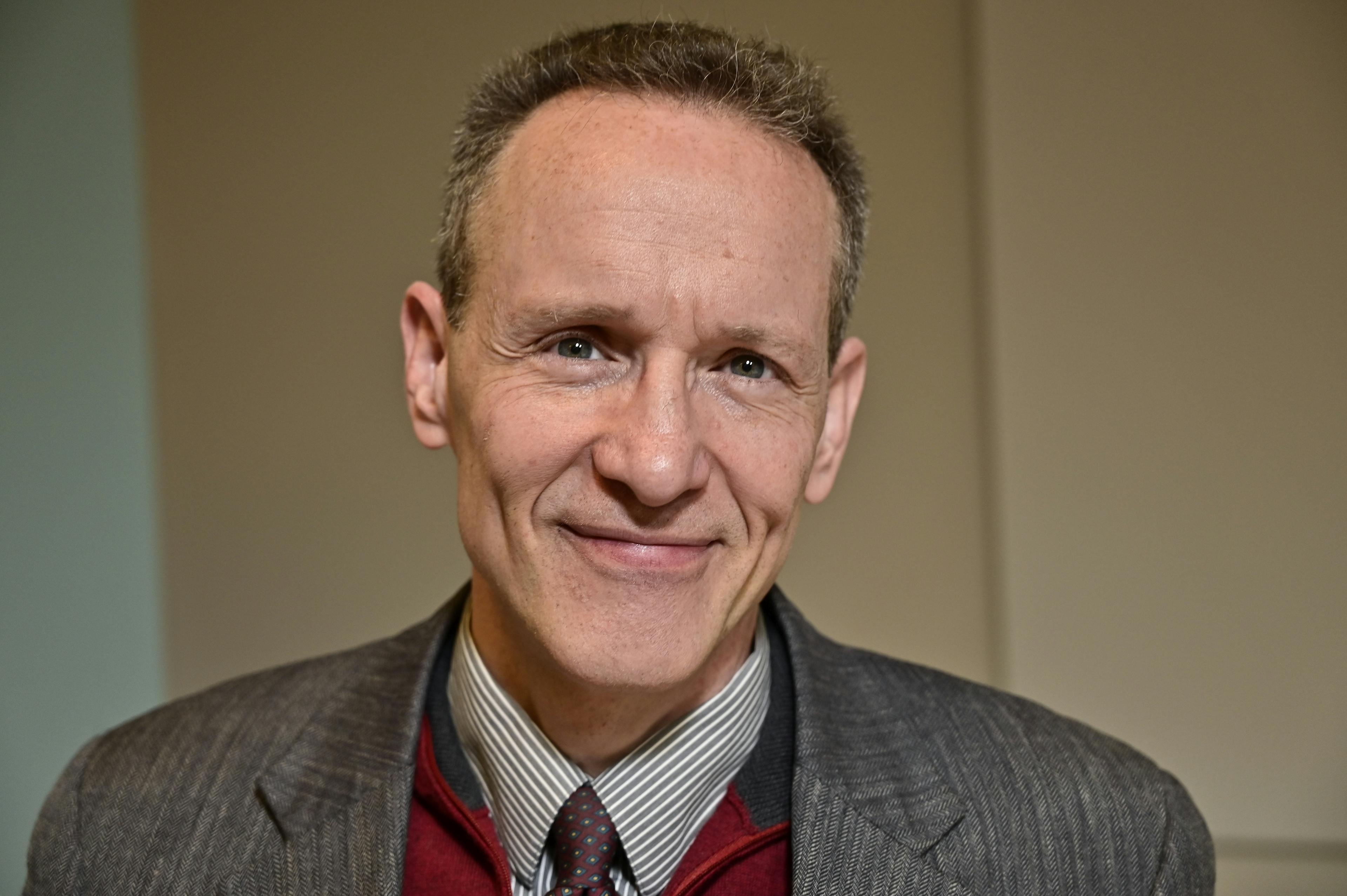
Professors and Their Politics: The Policy Views of Social Scientists
Sammanfattning
Academic social scientists overwhelmingly vote Democratic, and the Democratic hegemony has increased significantly since 1970. Moreover, the policy preferences of a large sample of the members of the scholarly associations in anthropology, economics, history, legal and political philosophy, political sci- ence, and sociology generally bear out conjectures about the correspondence of partisan identification with left/right ideal types; although across the board, both Democratic and Republican academics favor government action more than the ideal types might suggest. Variations in policy views among Democrats is smaller than among Republicans. Ideological diversity (as judged not only by voting behavior, but by policy views) is by far the greatest within economics. Social scientists who deviate from left-wing views are as likely to be libertarian as conservative.
Klein, D.B. & Stern, C. (2005). ”Professors and Their Politics: The Policy Views of Social Scientists.”Critical Review, 17(3-4): 257-303.

